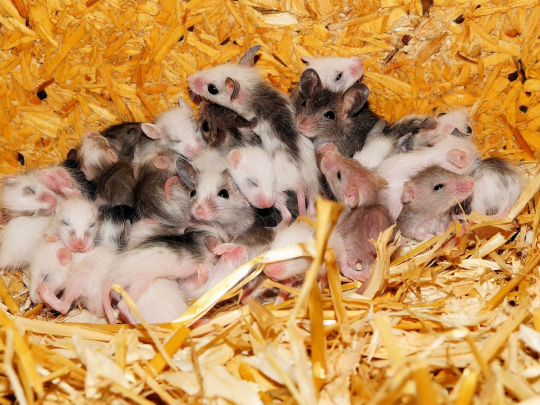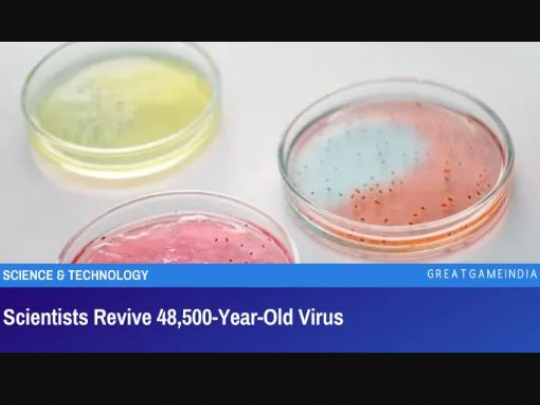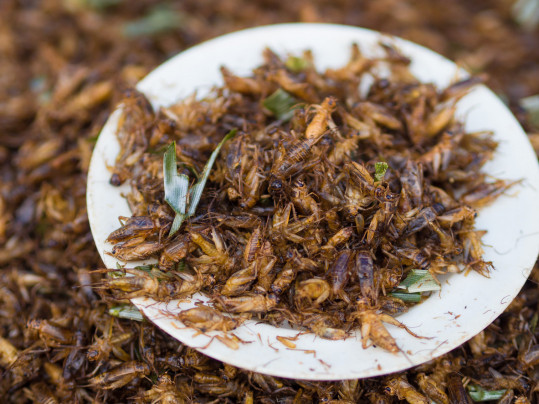Gene Editing Experiment Unexpectedly Turn Hamsters Into Hyper Aggressive Bullies

In an experiment led by GSU using gene editing, the team removed the vasopressin receptor, a hormone that controls aggression in hamsters, which unexpectedly turned them into hyper-aggressive bullies.
According to a statement released by Georgia State University (GSU), a team of neuroscience researchers was “really surprised” when a gene-editing experiment resulted in hyper-aggressive hamsters.
The goal of the GSU research, which was published in the Proceedings of the National Academy of Sciences (PNAS), was to learn more about the biology driving mammalian social behavior.
Syrian hamsters and CRISPR-Cas9, a groundbreaking technology that allows scientists to turn on or off genes in cells, were utilised by the researchers. The technology disabled a vasopressin receptor, a hormone which is linked to increased aggression.
The scientists predicted that this would “dramatically” change the Syrian hamsters’ social behavior, making them more tranquil. Their behavior did change, but not in the way they had anticipated.
The study’s lead author, GSU professor H. Elliott Albers, said in a statement, “We were really surprised at the results.”
Albers stated, “We anticipated that if we eliminated vasopressin activity, we would reduce both aggression and social communication.” “But the opposite happened.”
According to the study, hamsters without the receptor showed “high levels of aggression” toward hamsters of the same sex as compared to those who had the receptors intact.
“This suggests a startling conclusion,” Albers said, per the statement. “Even though we know that vasopressin increases social behaviors by acting within a number of brain regions, it is possible that the more global effects of the Avpr1a receptor are inhibitory.”
According to Albers, the “counterintuitive findings” suggest that scientists “don’t understand this system as well as we thought we did.”
Albers went on to say that developing gene-edited hamsters was “not easy.” He went on to say that a greater knowledge of vasopressin’s involvement in social behavior is critical for scientists to develop new treatment options for psychiatric diseases in humans, such as autism and depression.
- Source : GreatGameIndia


















